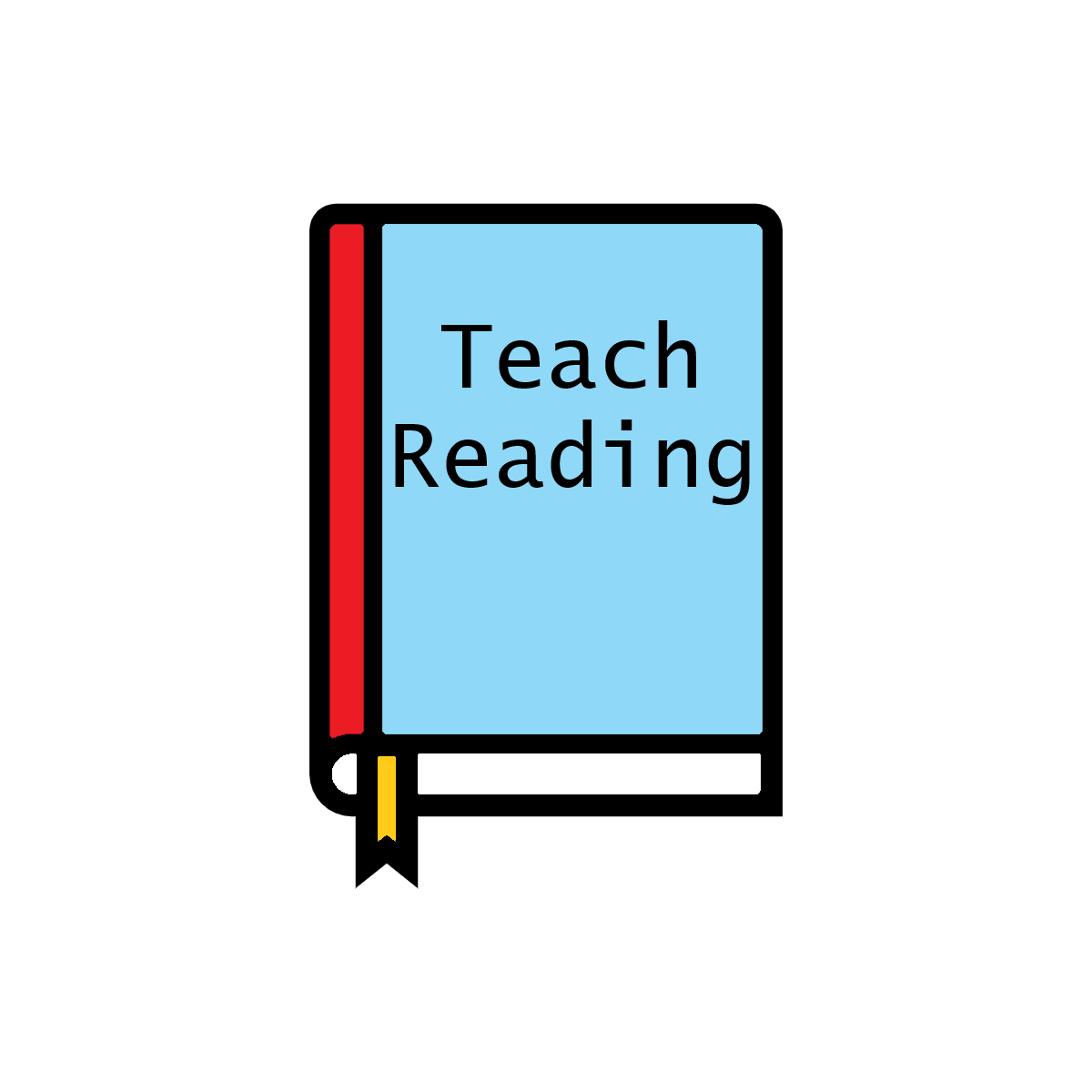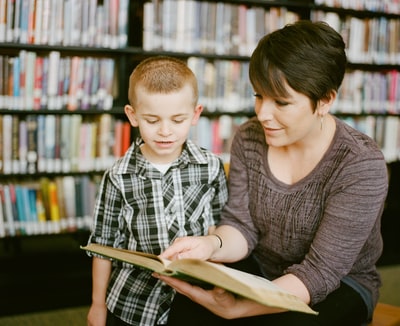Download the Alphachart, the Printing Model, The Alphadeck, and Lessons 1 thru 5 from The American Reading Handbook for FREE!
All parents want the very best for their children, which is why they worry so much about their development in all areas.
There are many things that parents do every moment of every day to aid in their child’s healthy development. As it turns out, teaching them to read as early as possible can be one of those things. Parents teach reading to their children in just a few minutes every day with the right tools.
There are many advantages to teaching your child how to read before they start kindergarten. These can be broken down into a few categories: educational, developmental, psychological, and social. Let’s take a closer look.
Educational
The educational advantages might seem obvious. After all, reading is the basis of all other types of learning, and a love of reading is the gateway to an entire world of knowledge. But there are other reasons, as well.
Children who struggle in school, especially in the early years, tend not to enjoy school and may have a roadblock to learning that becomes very difficult to work through. A simple reading course can help them avoid struggling in the first years of elementary school, and at least delay the dreaded cries of, “I don’t want to go to school!”
Students who begin reading at an early age have also been shown to have better concentration and longer attention spans than their non-reading peers. They tend to have better reading comprehension and have an easier time learning new material. What is more, the earlier a child learns to read, the more they can learn from their own environments during crucial years of rapid brain development.
Finally, children who read early may demonstrate more creativity, since reading is a wonderful window into a child’s imagination. This can help them in science, mathematics, the arts, and more.
Developmental
Did you know that the human brain experiences approximately 90% of its growth in the first five to six years of life? It more than triples in size and forms many of the neurological pathways that will exist throughout a person’s entire lifetime.
Learning to read is an immensely stimulating activity for the human brain, and the earlier that it happens, the more impact it has on the new pathways being forged. Activities that build a child’s vocabulary and mastery of phonics, such as singing and learning songs, art, solving problems, and other skill-building pastimes, can have an enormous impact on the physiological and neurological changes happening in a child’s brain.
Quality reading courses that are designed for various ages and skill levels use many of these tactics and are an amazing resource for parents.
As an additional bonus for parents, teaching your child to read in early childhood can alleviate worries about learning disabilities later on. Alternatively, it can also help parents recognize signs of a problem, since early intervention is absolutely crucial for kids with special needs.
It isn’t only neurological development that early reading benefits; there are physical benefits as well. Children who are taught to read at an early age also learn how to sit still, focus, and channel their seemingly boundless physical energy. They learn the joy and importance of rest, which is very good for their growing bodies.
Psychological
In addition to developmental benefits, there are psychological advantages to learning to read early as well. Many parents teach reading in order to boost their child’s confidence in themselves and their ability to learn, as well as foster their independence.
Early reading can help a child’s emotional development. They learn more about other people and the world around them, and they gain the vocabulary to adequately describe their own feelings and experiences, as well as those of others.
Teaching your child to read can help them bond with you as well, which is vitally important to their sense of security and safety. Parents who are involved in their child’s education from the start demonstrate that they value their child’s education. Children need to know that their parents care about their schooling. If parents don’t, why should the children?
On that note, though, a word of caution: parents and caregivers need to be careful not to push a child too far beyond their limitations. Challenges are good, but when children are expected to solve problems and acquire concepts that are too difficult for them, it has the opposite effect: they become frustrated with learning and lose confidence in their mastery abilities. This is where a reading course can be a great tool for parents, because they’re designed to teach children according to their specific developmental stages.
Social
Knowing how to read in the early months of schooling can help your child become a leader, inside and out of their classrooms. Very often, children who have mastered concepts are asked to assist less advanced students, which is a wonderful way for them to learn compassion as well as leadership skills.
Children who learn to read early also tend to have a more expansive vocabulary, which helps them communicate not only with their peers, but older children and adults as well.
Parents who teach reading are also contributing positively to their communities. Illiteracy is one of the greatest challenges facing schools around the country. By teaching your child to read early, you’re not only ensuring that they don’t become one of the 40% of eight-year-olds who can’t read but you’re also encouraging those around you to do the same.
Finally, knowing how to read can help keep children safe. In an obvious way, they can read signs of danger or warnings and avoid potential hazards. But in addition, children who learn to read early have an improved capability to understand and describe what they experience, which can keep them safe in a variety of scenarios. What could be better than that?
Suggestions to Help Parents Teach Reading
- Go at their pace. Always be challenging your kids academically, but don’t push them past their natural limits.
- Enroll them in a reading course. This can be a learning experience for parents as well, as it can demonstrate to them the skills their child is ready to tackle. There are reading courses for a variety of ages and skill levels.
- Read to them every day! Keep mixing it up with interesting new books and be sure to read their favorites over and over (no matter how sick of them you might become).
- Sing the alphabet and other songs from the time that the child is an infant.
- When it comes to the alphabet, teach it as early as you can — first by singing it, then by recognizing letters by sight, then by learning phonics, or identifying sounds that letters form, and finally by writing letters themselves. There are many toys and tools to help with this, as well as flash cards.
- Create a word-rich environment, especially around sight words.
- Make it fun! Reading should be a joy, something that your children look forward to doing. However and whenever you can, create excitement and enjoyment around reading. One of the best ways that you can do this is by modeling the behavior you want them to adopt: read on your own and express engagement with the activity.
Download the Alphachart, the Printing Model, The Alphadeck, and Lessons 1 thru 5 from The American Reading Handbook for FREE!


Recent Comments